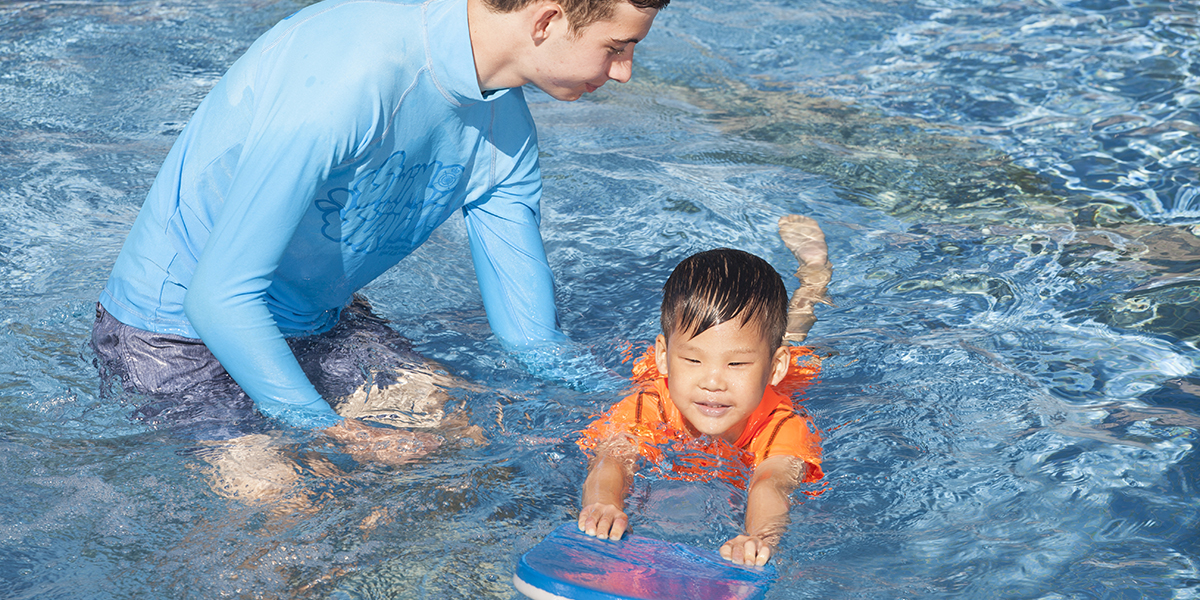Now is not the time to give up on swimming lessons
 Royal Life Saving read with interest and some measure of concern an opinion piece in the Sydney Morning Herald about Five questions to decide if you should keep or kibosh your kids' activities post-COVID, in which money contributor Nicole Pedersen-McKinnon says ‘sayonara’ to her kids’ swimming lessons.
Royal Life Saving read with interest and some measure of concern an opinion piece in the Sydney Morning Herald about Five questions to decide if you should keep or kibosh your kids' activities post-COVID, in which money contributor Nicole Pedersen-McKinnon says ‘sayonara’ to her kids’ swimming lessons.
Reassessing the family budget is of course essential, particularly given the pressures of the past four months, but we would strongly argue that swimming is a ‘usable life skill’ (point number four on the list), and knowing how to swim could one day save your child’s life.
Drowning risk is greatest in kids aged 12 to 24 months, but the real benefits of swimming skills for drowning prevention are seen in their teen years, when they are more likely to swim with friends than under your supervision. So, ensuring that they develop a robust set of swimming and lifesaving skills, which includes being able to swim more than 50 metres before leaving primary school and perhaps gain a Bronze Medallion in secondary school, will help to keep them safer as they mature into young adults.
Royal Life Saving research shows that kids who drop out at the age of 6 or 7 years miss out on essential swimming and water safety skills, and fail to learn basic survival strokes. Starting too early and leaving too young is a common mistake. It is vital that all children continue swimming lessons throughout their school years to ensure they have the skills and knowledge to recreate safely in a range of inland and open water environments throughout their life.
Swimming is a life skill, and a skill for life. Not only does it open up a world of fun and even career opportunities, it carries a wealth of physical and mental wellbeing, social and community benefits that a person carries well into their senior years. It is low-impact, builds endurance, improves coordination and balance, and builds immunity.
We understand that swimming lessons can be expensive, and tough decisions must be made. Our advice is to hang on for as long as you can. If families are short on funds, we suggest enrolling children in swimming lessons around the first year of school. If your child is unhappy, mix it up, change classes or times, switch to a class with their friends. Take a break if you need to, but please, please make sure you get your kids back in the pool and swimming.
Further reading
Benchmarking Australian Children's Swimming and Water Safety Skills
Swim and Survive Swimming and Water Safety
